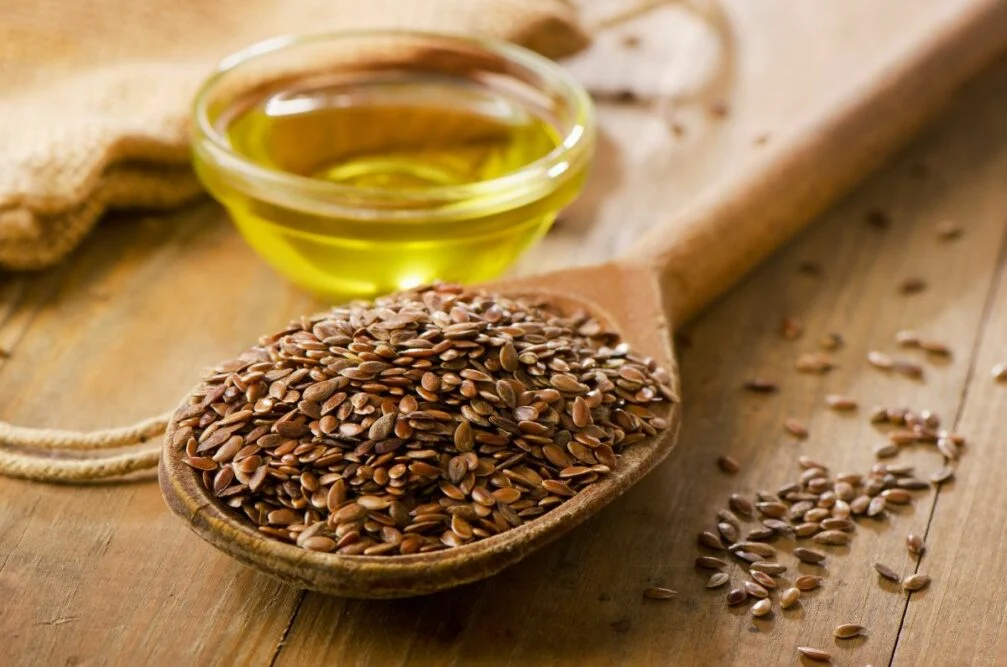
The Rise of a New Food Movement: Seed Oil Debate
Introduction
Lately, there’s been a lot of buzz about seed oils — you know, those polyunsaturated fats that come from plant seeds. Everyone seems to have an opinion, from big names like Joe Rogan to health experts like Paul Saladino. They’re raising alarms about how these oils might be linked to some serious health problems, like heart disease and inflammation. With all this noise, it can feel overwhelming to figure out what’s true and what’s not. That’s why we’re diving into this topic together. In this post, we’ll break down the claims about seed oils, explore the rising push against them, touch on the political aspects of the conversation, and help you make choices that are right for you.
Understanding Perceived Health Risks vs. Scientific Consensus
So, what’s the deal with seed oils? They’ve become a controversial topic, especially in wellness circles, with accusations flying about their role in chronic diseases. But let’s look at the science.
Health Risks: Reality vs. Myth
Some voices argue that seed oils are harmful and may be linked to diseases like heart issues and even cancer. However, let’s take a moment to consider what the research is actually saying. Studies from credible organizations like the World Cancer Research Fund and the American Heart Association tell a different story. They suggest that the polyunsaturated fats in seed oils, especially the omega-6 fatty acids, aren’t harmful when eaten as part of a balanced diet.
Actionable Insight: The key here is balance. Aim for a healthy omega-3 to omega-6 ratio. Including omega-3-rich foods like fatty fish, walnuts, and flaxseeds can help balance out your intake of omega-6 fatty acids.
Supporting Evidence:
While concerns around seed oils linger, research shows that moderate consumption doesn’t typically lead to inflammation or increased risks of chronic diseases. In fact, studies even indicate that higher levels of omega-6 fatty acids might be linked to a lower risk of cardiovascular diseases — which really flips many of those stories on their head.
Emerging Consumer Activism Against Seed Oils
As more people become aware of what’s in their food, there’s a growing movement against seed oils.
The Rise of a New Food Movement
Apps like Seed Oil Scout are on the rise, helping people make smarter choices by pointing out products that contain seed oils. Lots of restaurants are catching onto this too — for example, Sweetgreen now has seed oil-free options, catering to folks who want transparency and healthier choices.
Actionable Insight: When eating out or shopping, don’t be shy about checking ingredient lists for seed oils. Using tools like the Seed Oil Scout app can simplify your decision-making.
Supporting Evidence:
This shift to seed oil-free menus shows that there’s a larger trend focusing on ingredient quality in our food. Brands are responding to public demand for transparency, joining a wider conversation about health and nutrition.
Political and Cultural Dimensions of the Seed Oil Debate
Let’s not forget that nutrition isn’t just about food; it’s also political.
The Political Lens: Health Rhetoric and Dietary Choices
In the political arena, some figures are using the seed oil debate as a part of a broader critique of modern food systems. For example, Robert F. Kennedy Jr. has linked this topic to bigger societal issues, appealing to those who long for a return to traditional food practices.
Actionable Insight: Think critically about the broader cultural and political context surrounding dietary trends. It’s important to evaluate sources that might have agendas beyond your health.
Supporting Evidence:
In discussions about seed oils, you may come across terms like “lifestyle fascism.” This shows just how much food choices can represent deeper societal beliefs. It’s crucial for all of us to be aware of these nuances as we consider food safety and health.
How to Apply This Information
Navigating the world of seed oils doesn’t have to be complicated. Here are a few steps you can take to make informed decisions:
1. Educate Yourself: Look for trustworthy sources about nutrition and health. Seek out information from reputable dietary organizations or academic studies that clarify misunderstandings surrounding various ingredients.
2. Evaluate Products: Use apps and other resources that delve into ingredient sourcing. When grocery shopping, favor brands that are upfront about their ingredients.
3. Choose Wisely in Food Preparation: In your kitchen, try using alternatives like olive oil, avocado oil, or coconut oil. These options might offer different health benefits compared to traditional seed oils.
4. Engage in Dialogues: Share your thoughts and experiences with family and friends. Let’s take the conversation about nutrition beyond quick social media snippets and have some deeper discussions.
Conclusion
The conversation around seed oils is a complex one, shaped by scientific insights, rising consumer awareness, and cultural discussions. While worries about seed oils have become more prominent, it’s important to reconnect with the science that sheds light on their role in a balanced diet. As we explore this landscape together, staying informed and engaging critically with what we eat will empower us to make healthier choices.
What about you? Do you have thoughts or experiences regarding seed oils? Drop them in the comments — I’d love to hear your perspective!
Written by Alexander Babinets
Founder of Express Fitness, certified coach, and author helping people get in shape without excuses.
📍 expressfitness.ca | 📩 info@expressfitness.ca
👤 More about me → alexanderbabinets.com
Hashtags: #seed #oils #about #like #health #food #what #political #choices #their #omega #might #linked #some #conversation
